The Black Sky (1910)
.jpg)
A Stone Angel
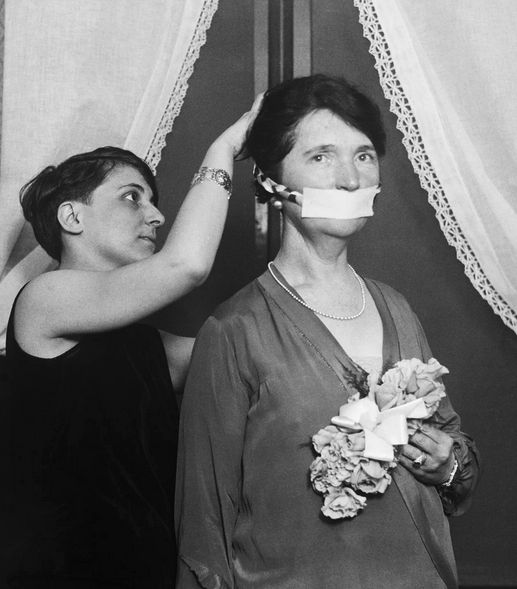
Any Wars?
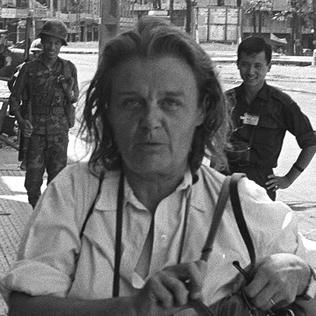
“I must admit I enjoy being in a war.”
Society is well-versed in the “trials of the century:” the kidnapping of the Lindbergh baby, the judgement of the war criminals in Nuremberg, the People v. O. J. Simpson. What has slipped through the cracks of history is the woman behind the “scoop of the century.”
Father Knickerbocker

The Swan Princess
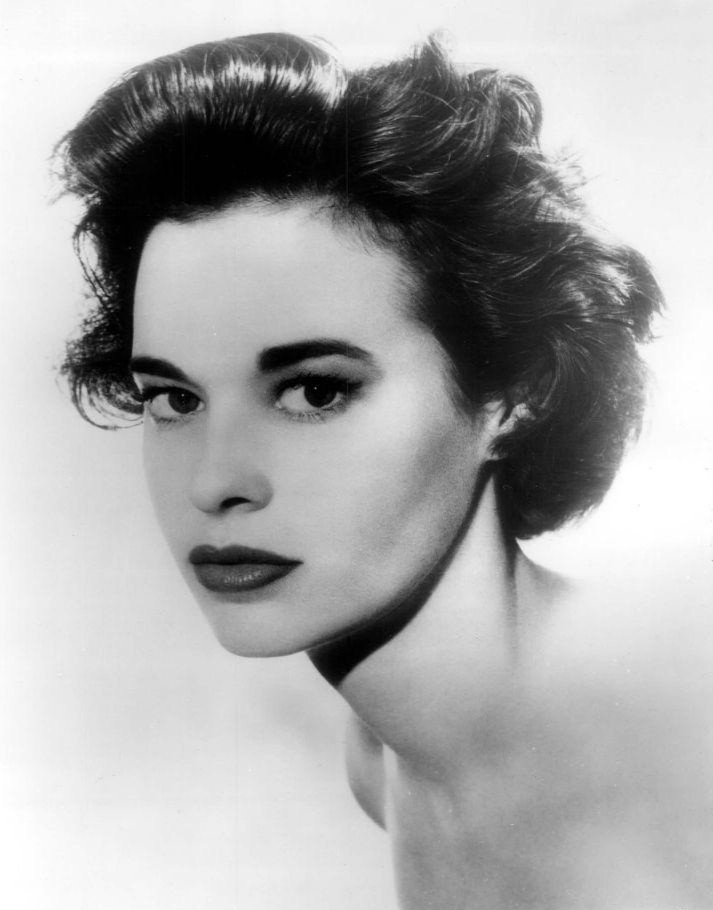
From Mars
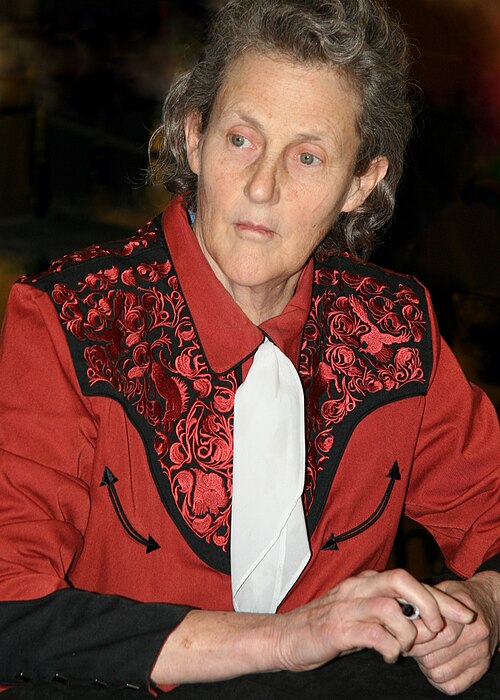
“If I could snap my fingers and be non-autistic, I would not. Autism is part of who I am.” ~Mary Temple Grandin (sister who fought for the rights of the autistic and animals)
In Forrest Gump, the principal told Mrs. Gump, “Your boy’s….different.” Mrs. Gump replied, “Well, we’re all different, Mr. Hancock.” A woman who society deemed different was Temple Grandin. She beat the proverbial odds and became an animal and autism advocate.
Shall Lead Them

“Let us pick up our books and pens. They are our most powerful weapons.” ~Malala Yousafzai
Aren’t teens terrible? The films Animal House, Carrie, and Mean Girls would answer the question with a resounding “Yes!” However, Malala Yousafzai is a non-celluloid example of a teen titan who arm-wrestled inequitable education.
That Word is Liberty
.jpeg)
Lucky Strike
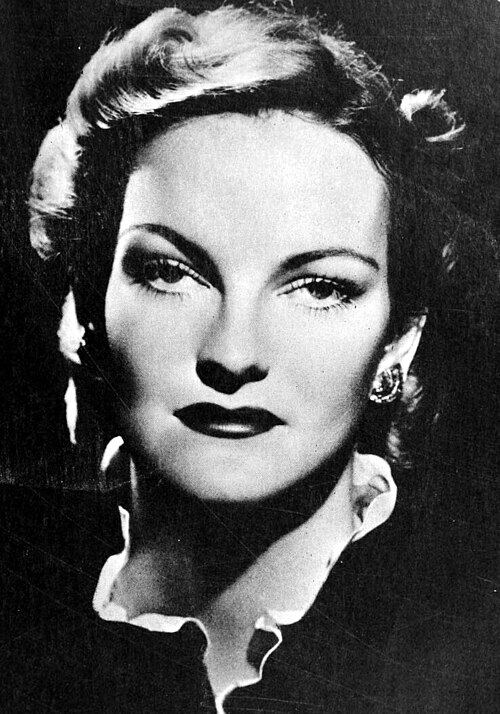
“Payback is a bitch, baby.”—Doris Duke
As Dorothy made her way along the Yellow Brick Road, she chanted, “Lions and tigers and bears, oh my!” As Doris Duke strode along her estate’s gilded walkway, her mantra could have been, “Alsatian hounds, Alaska malamute, camels, oh my!” Visitors to Rough Point will also gasp, “Oh, my!” when partaking of the mansion’s treasure trove.
Tomorrow to Be Brave (1945)
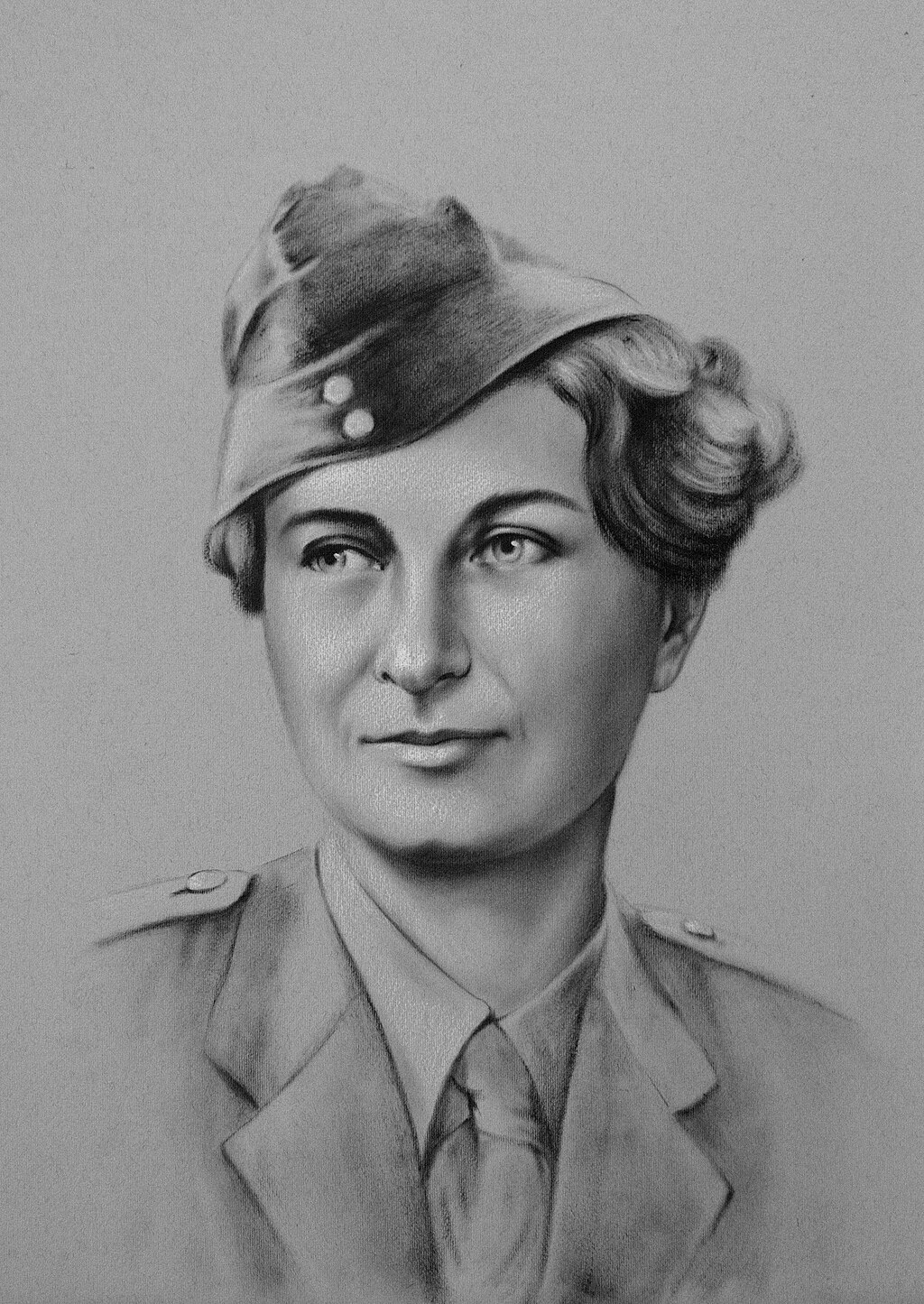
Universally Acknowledged

Untrammeled Womanhood (1870)
.jpg)
“I didn’t want to spend my life at home with a baby under my apron every year.”
The British film, Those Magnificent Men in Their Flying Machines, set in 1910, revolved around the early days of aviation. When Lord Rawnsley forbid his suffragette daughter to pilot a plane, her fiancé conceived the idea of an air race from London to Paris. In a similar vein, American Annie Cohen Kopchovsky-a magnificent woman in her variation of a flying machine- set out to become the first woman to traverse the globe on a bicycle. As Annie Londonderry and astounded the world with her derring-do.
Will Return
.jpg)
The World Entire
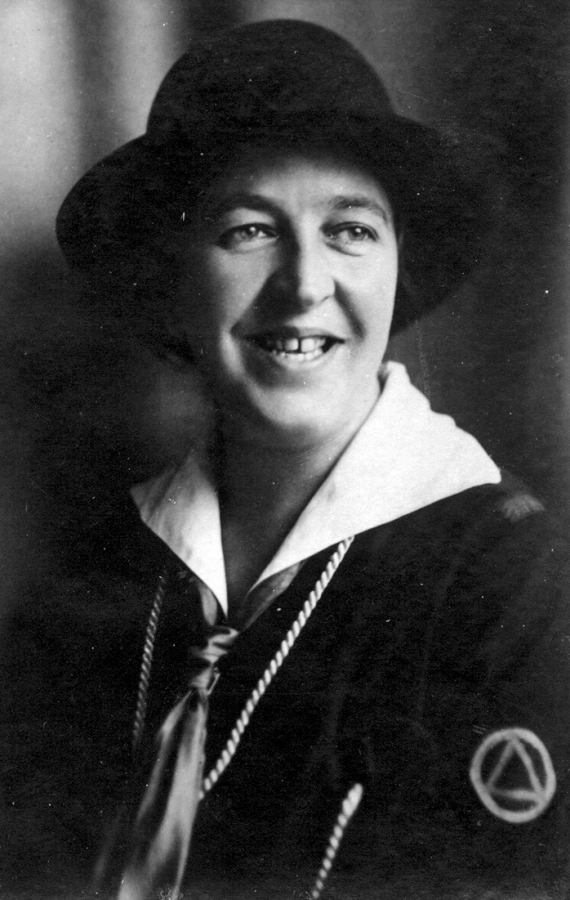
“There is no pit so deep that God’s love is not deeper still.”
–Corrie ten Boom
Corrie ten Boomhuis (opened 1988)
Haarlem, Holland
A quotation attributed to Edmund Burke states, “The only thing necessary for the triumph of evil is for good men to do nothing,” a philosophy of which Corrie ten Boom adhered. After visiting the Corrie ten Boomhuis, one imbibes her commitment to humanity.
The Peacock Princess (1970)
.jpg)
Will Return

The Modern Medusa (1955)

“I don’t mind not being tall. I think tall.”- Donatella Versace
Upon hearing the name Donatella, (though it necessitates switching the o to an a), one might conjure an image of the fifteenth century painter, a Ninja turtle, or a world-renowned fashionista. Donatella Versace is the fabulous, formidable, and unforgettable force behind a world acclaimed label.
Huff and Puff (2005)
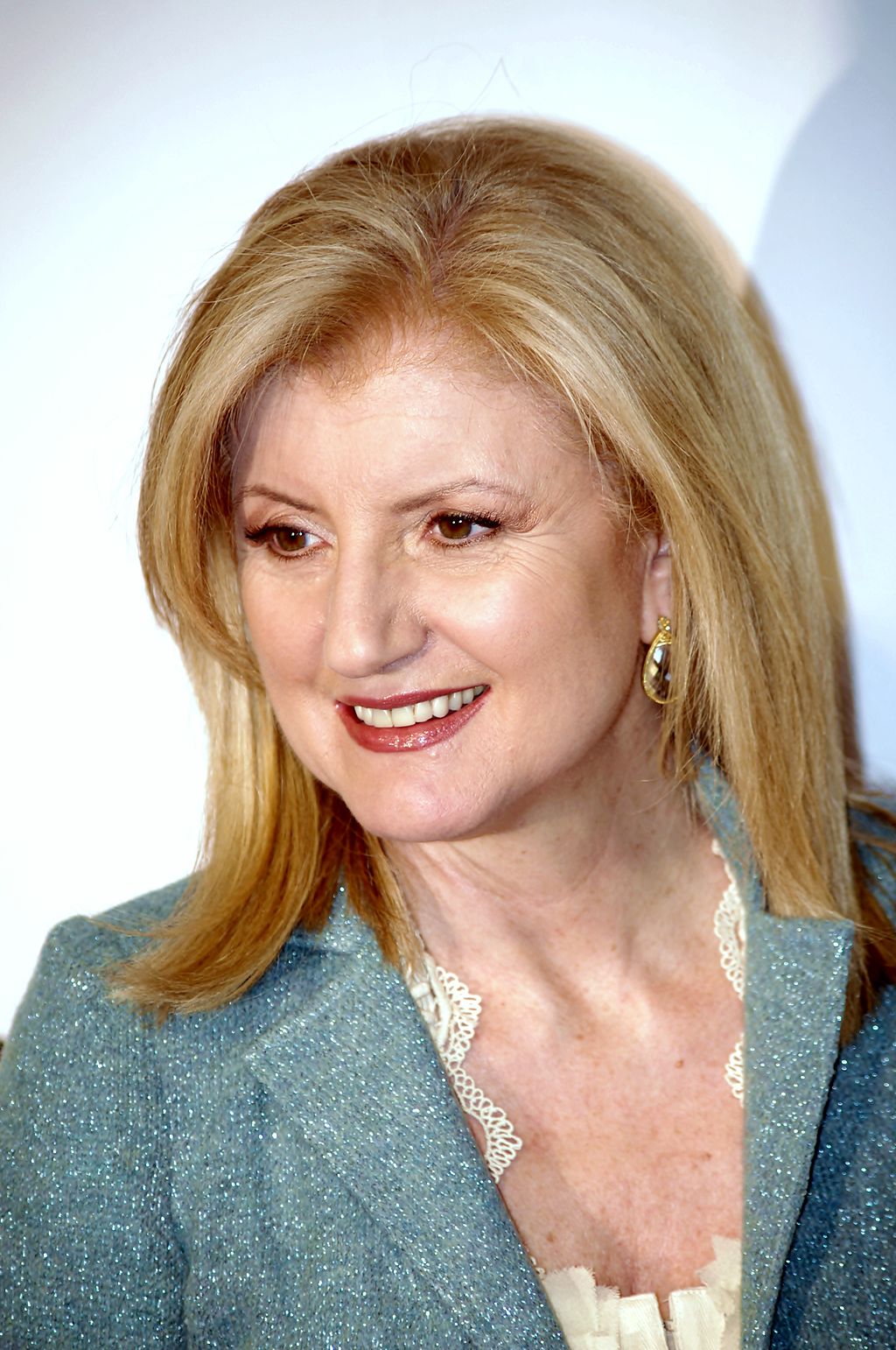
Paradise Enow (1868)
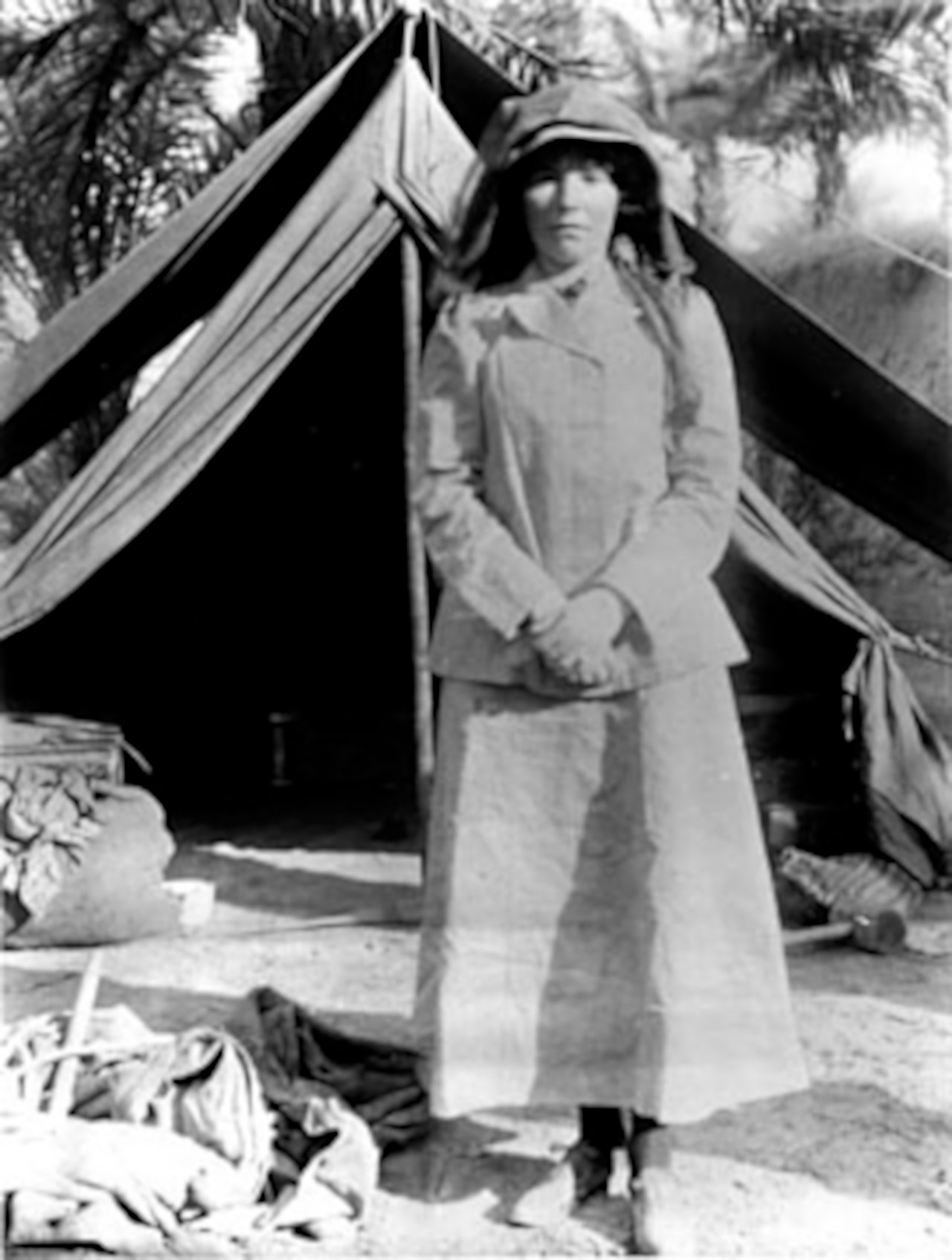
“Few such moments of exhilaration can come as that which stands at the threshold of wild travel.” –Gertrude Bell
Cleopatra, the Queen of the Nile, left her mark as the femme fatale who seduced Roman greats Julius Cesar and Marc Antony. Gertrude Bell, the Queen of the Desert, contribution was to birth a country-no mean feat for a daughter of Queen Victoria’s empire.
Iron Butterfly
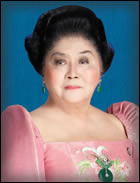
“The people need a role model…especially in the dark of night.”
–Imelda Marcos
Santo Niño Shrine and Heritage Museum (opened 1979)
Tacloban, Philippines
If a Grimm’s brother princess possessed the ability to write, her message would read, “A new pair of shoes can change your life-Cinderella.” A former First Lady of the Philippines would have wholeheartedly agreed. To partake of a dwelling of fairy tale proportions, enter the estate of the Santo Niño Shrine and Heritage Museum.
“The people need a role model…especially in the dark of night.”
–Imelda Marcos
Santo Niño Shrine and Heritage Museum (opened 1979)
Tacloban, Philippines
If a Grimm’s brother princess possessed the ability to write, her message would read, “A new pair of shoes can change your life-Cinderella.” A former First Lady of the Philippines would have wholeheartedly agreed. To

